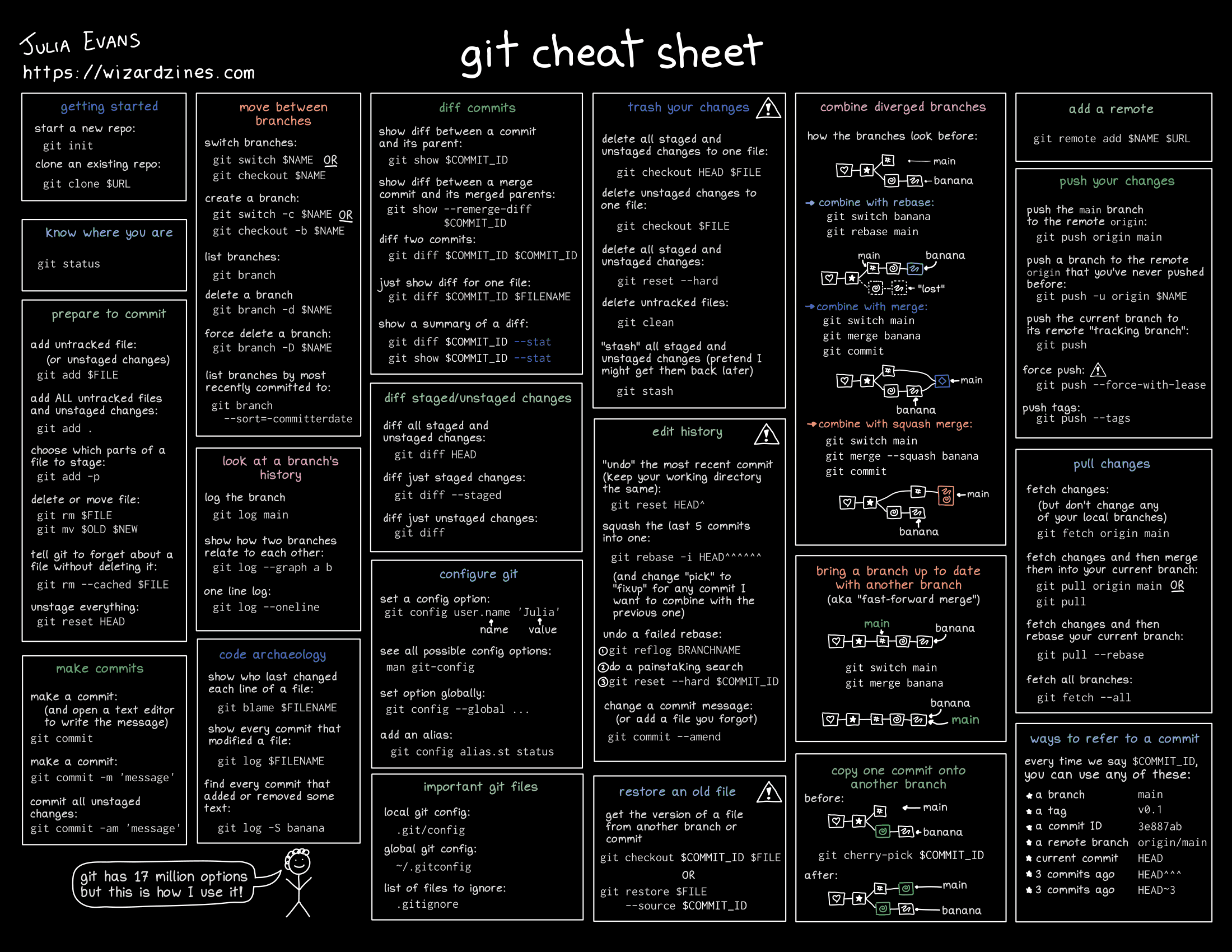this post was submitted on 24 Sep 2024
572 points (99.1% liked)
Programming
18292 readers
60 users here now
Welcome to the main community in programming.dev! Feel free to post anything relating to programming here!
Cross posting is strongly encouraged in the instance. If you feel your post or another person's post makes sense in another community cross post into it.
Hope you enjoy the instance!
Rules
Rules
- Follow the programming.dev instance rules
- Keep content related to programming in some way
- If you're posting long videos try to add in some form of tldr for those who don't want to watch videos
Wormhole
Follow the wormhole through a path of communities [email protected]
founded 2 years ago
MODERATORS
you are viewing a single comment's thread
view the rest of the comments
view the rest of the comments


GUIs tend to only cover the common/basic usage. Which is easy to remember without a cheat sheet. When you need more advanced stuff then GUIs tend to become more of a sticking point I find. And with common workflows it is far easier to automate with the CLI then with a GUI.
Other than untracking tracked files, I see nothing in this graphic that isn't easy to do with a gui. That might even be easy to do but it is something I do in the cli. Can I get some examples?
I would also argue that the common/basic stuff is 99% of what I do with git. And for this I can't fathom why people would think the cli is better. Like logging and diffing is just so much easier when I can just scroll and click as opposed to having to do a log command, scroll, then remember the hashes, and then write the command. This is something instantly available to me in a gui.
Don't get me wrong, if the cli is better for you more power to you. We moved from p4 to git and I did this almost exclusively in the cli so I could use scripts more easily. And sometimes I watch beginners use the gui and I have to bite my tongue because I know it would be faster in the cli.
But, especially for a beginner, i strongly recommend a gui.
Interactive rebase? There's no GUI that actually does that well, if at all. And it's a massive part of my daily workflow.
The CLI is far, far more powerful and has many features that GUIs do not.
It's also scriptable. For example, I often like to see just the commits I've made that diverge from master, along with the files changed in each. This can be accomplished with
git log --oneline --stat --name-status origin/master..HEAD. What's more, since this is just a CLI command, I can very easily make a keybind in vim to execute the command and stick it's output into a split window. This lets me use git as a navigation tool as I can then very quickly jump to files that I've changed in some recent commit.This is all using a standard, uniform interface without mucking around with IDE plugin settings (if they even can do such a thing). I have many, many other examples of scripting with it, such as loading side-by-side diffs for all files in the worktree against some particular commit (defaulting to master) in vim in a tabpage-per-file, which I often use to review all of my changes before making a commit.
There are cases where instead of
origin/master..HEADyou may want to use@{upstream}..HEADinstead to compare with the upstream of your current branch. It's unfortunately quite unknown.